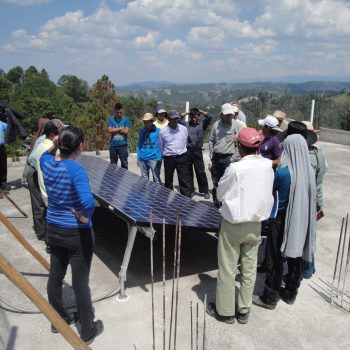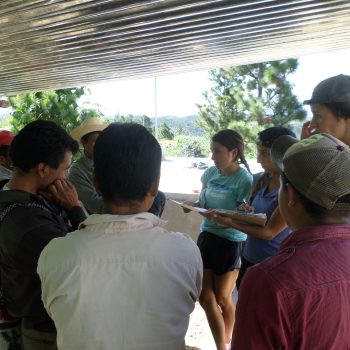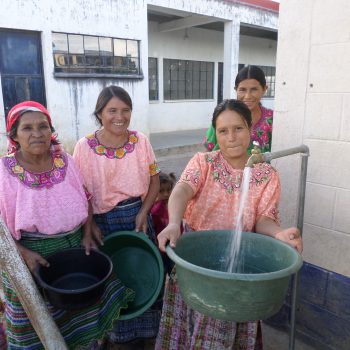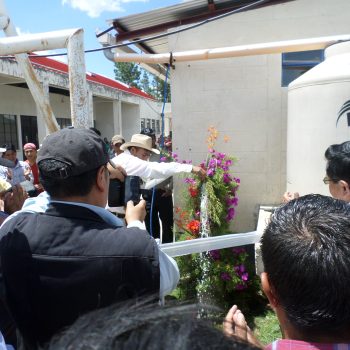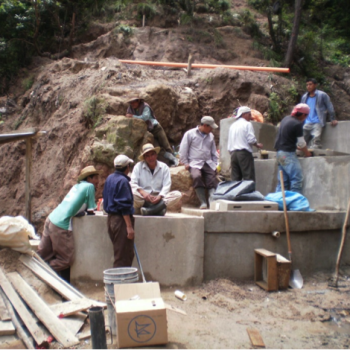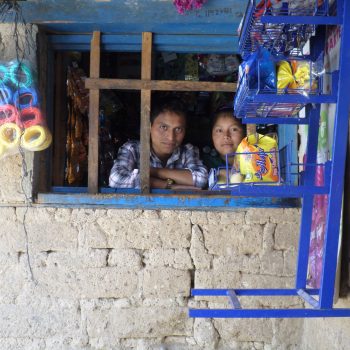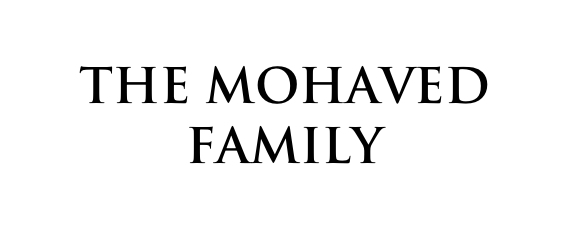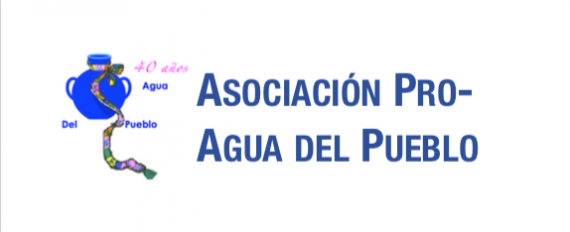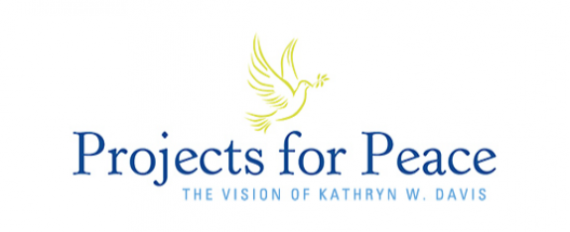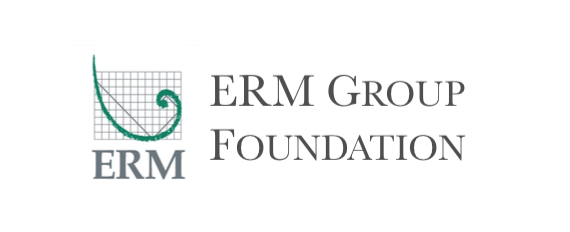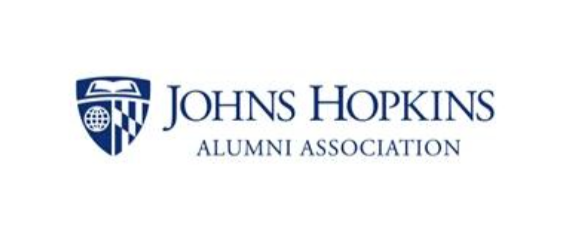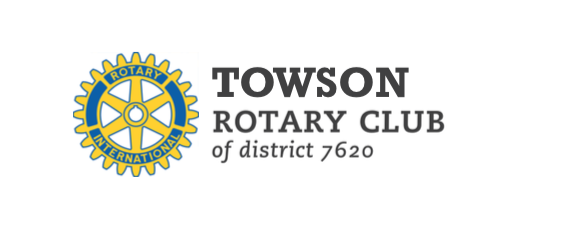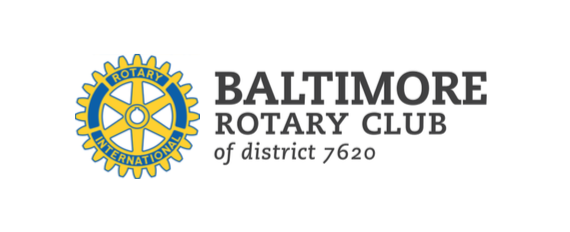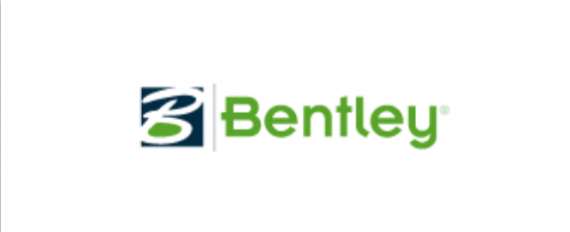The Chicorral Community
Chicorral is a small, indigenous community in rural Guatemala. As with many other rural areas in the country, Chicorral suffers from a severe lack of infrastructure: over half of the approximately 200 residents must climb down a steep, 100-meter-deep ravine to reach the community’s main reliable water source. Women and children bear the responsibility of taking this trip up to five times a day to meet household water needs.
Additionally, the residents would like to be recognized as an independent village (aldea) rather than a semi-independent community (paraje). For this formal recognition, the community must construct a school, a mayor’s building, a community building, a graveyard, and a water system that serves at least 85% of residents. With the other projects complete or already in progress, our project will help Chicorral fulfill the last requirement and allow the community to move closer to being recognized as an Aldea.
Since 2006, the Guatemala team of EWB-USA JHU has been working with the residents of Chicorral to develop and construct a socially, technically, and financially sustainable community water system to address this dire issue of lack of access to water.

